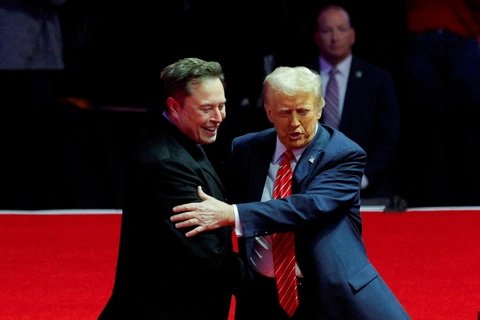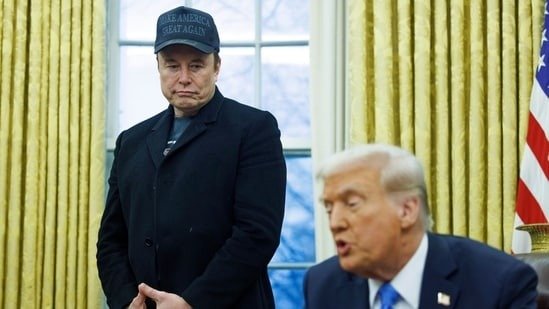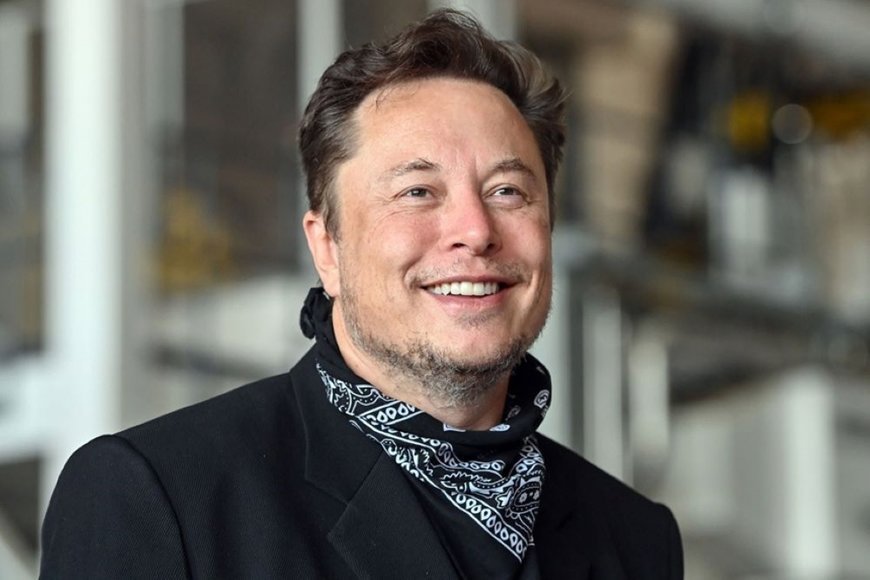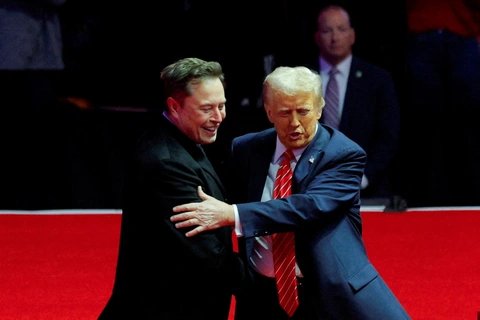In a recent development, President Donald Trump has indicated that Elon Musk’s tenure as a senior White House adviser and head of the Department of Government Efficiency (DOGE) may conclude within the next 130 days. This announcement has sparked widespread discussion regarding the implications for federal workforce reductions and the future of governmental restructuring initiatives.
**Elon Musk’s Role in Government**

Elon Musk, renowned CEO of Tesla and SpaceX, was appointed as a special government employee to lead DOGE, focusing on streamlining federal agencies and reducing government expenditure. His appointment was marked by ambitious goals, including significant downsizing of federal departments and achieving substantial deficit reductions. Musk’s influence has been evident in various sectors, with initiatives aimed at overhauling bureaucratic processes and promoting efficiency within the government.
**Duration and Limitations of Musk’s Tenure**
As a special government employee, Musk’s service is legally capped at 130 days within a one-year period. This limitation is designed to prevent conflicts of interest and ensure that such roles remain temporary and focused. Musk’s term commenced on January 20, placing the conclusion of his service around late May or July, depending on the inclusion of weekends in the calculation.
**Achievements and Controversies**

During his tenure, Musk has been instrumental in proposing and implementing measures aimed at reducing the federal workforce. Reports indicate that over 62,000 federal employees were laid off between January and February, with further reductions anticipated in agencies such as the Internal Revenue Service and the Department of Veterans Affairs. These actions have been met with both praise for potential cost savings and criticism for the impact on public services and employee livelihoods.
Additionally, Musk’s approach has faced legal challenges and scrutiny. A notable incident involved an email ultimatum sent to federal workers, demanding justification of their roles or facing termination. This move led to confusion and resistance among various agencies, with some advising employees to disregard the directive. The U.S. Office of Personnel Management clarified that federal workers were not obligated to comply with Musk’s ultimatum, highlighting tensions between Musk’s methods and established governmental protocols.
**President Trump’s Perspective**
President Trump has maintained a complex stance regarding Musk’s involvement. While expressing confidence in Musk’s commitment to prioritizing national interests over personal business ventures, Trump has also emphasized that Cabinet secretaries, not Musk, hold the ultimate authority over agency staffing decisions. This delineation aims to balance Musk’s advisory role with the traditional responsibilities of government officials.
**Public and Political Reactions**

Musk’s prominent role has elicited varied reactions from political figures and the public. Anthony Scaramucci, former White House Communications Director, predicted that Musk’s collaboration with Trump would be short-lived, suggesting that such partnerships often end abruptly. This sentiment reflects broader skepticism about the sustainability of Musk’s governmental involvement.
**Legal and Constitutional Considerations**
The nature of Musk’s appointment and his extensive influence have raised legal and constitutional questions. Critics argue that his role, lacking Senate confirmation, challenges traditional checks and balances within the government. Lawsuits have been filed contesting the legality of his actions, particularly concerning mass layoffs and restructuring efforts. These legal battles underscore the complexities of integrating private sector leaders into significant governmental positions without clear legislative oversight.
**Future Implications**

As Musk’s 130-day term approaches its conclusion, questions arise about the continuity of the initiatives he spearheaded. The administration will need to determine whether to extend his tenure, appoint a successor, or modify the strategies implemented under his guidance. The outcomes will significantly influence the trajectory of governmental efficiency programs and the broader political landscape.
**Conclusion**
Elon Musk’s impending departure from his advisory role marks a pivotal moment in the Trump administration’s efforts to reform federal operations. His tenure has been characterized by bold initiatives, contentious methods, and a blend of achievements and controversies. As the administration navigates the aftermath of his service, the balance between innovation and adherence to established governmental processes remains a critical consideration
